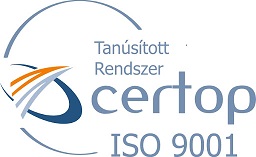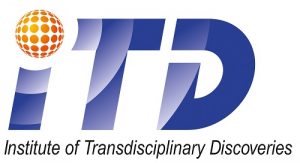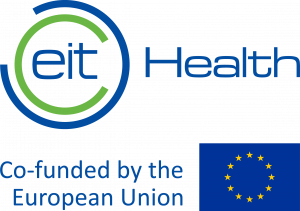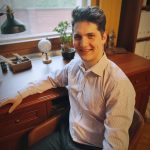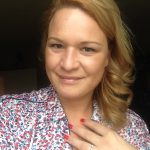I graduated from the Department of Dentistry of the PTE-ÁOK Faculty with a "summa cum laude" qualification in 2015. After graduating from university, I will start PhD training at the Institute of Pathology. Continuing my thesis topic, I investigated the histological changes occurring in the minor salivary glands of systemic autoimmune patients using computer image analysis. In addition to the PhD training, I started working part-time in the spring of 2016 at the Pediatric Dentistry Department of the Dental and Oral Surgery Clinic of PTE KK. Here, in addition to routine patient care, I was able to participate in the implementation of dental care under general anesthesia and I was also given practical and theoretical educational tasks. During my PhD training, I spent 2 months in Japan at Saitama Medical University in 2017 with a research grant. After completing my Ph.D., I will start residency training in dentoalveolar surgery from September 2018. I successfully defended my PhD thesis in November 2018. In November 2020, I obtained a specialist qualification in dentoalveolar surgery. Last September, I returned to the Department of Pediatric Dentistry, where I expanded my previous teaching and patient care duties. I am currently also doing research work at the Institute of Pathology, which I have supplemented with oral surgery clinical examinations.
- What was the reason why you took advantage of the opportunity offered by your manager and joined the Champion network organized by the Institute for Transdisciplinary Discoveries?
The decision to join was a very quick process in my case. The Director of the Institute called me on the phone after working hours, explained the "program" in a short sentence and asked if I would like to participate in the workshops. He also expected a quick response to the request, so I said yes, I only learned the details later.
- How much extra work and time investment did it require of you to participate in the programs and workshops, and how were you able to reconcile this with your everyday tasks?
The workshops are mostly held during working hours, so participation primarily required the consent of the workplace manager(s). From this point of view, everyone was very supportive and no obstacles were put in the way of participation. I was the only one who managed to prevent myself by organizing the patient appointment.
- How did you feel during the one year you spent in the program, was there any practical benefit to the knowledge you acquired there that you can use in your everyday work?
The programs not only gave me a very good atmosphere, but they also helped me to develop skills that I would have paid little attention to otherwise. I heard several personal reports about the difficulties and importance of building innovations and businesses. I got to know many clinical colleagues and several employees of the Transdisciplinary Research Institute, and interestingly, they also raised serious problems that are also difficult for us. In addition to the exact problem definition, the workshops developed teamwork through practice-oriented tasks, the task of breaking down the problem into details and the possibilities of solving individual elements. The skill development is certainly useful, it taught valuable methods in everyday life.
- Have you decided to continue your participation this year as well? Is there a field or topic that you would like to work on, or that could have a great impact on your immediate work environment, but has not yet come up during the training?
I would particularly like to receive a workshop on application writing, its pitfalls, difficulties and good practices. This is a very useful competence for me, but at the same time it is missing from clinical practice or from our university education.
- Would you recommend the training to others?
For any clinician. If only because of community!


